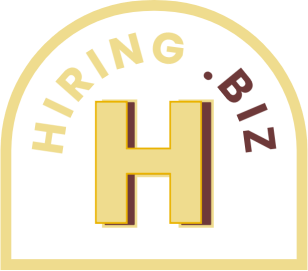
Weeding out candidates who aren’t a good fit for a position can be difficult. To determine if you want to continue the interview process steps with a candidate, you can ask them pre-screening interview questions. These can prevent you from wasting time on a candidate you won’t send to your client.
What is a pre-screening interview?
A pre-screening interview is a series of questions that lets you learn more about a candidate before you conduct a more extensive interview or pass them on to your client. The pre-screening questions ask the candidate more information about their career goals, job preferences, abilities, knowledge, and more.
Typically, you only give the pre-screening questionnaire to candidates you are highly interested in. It can help you screen out candidates who are interesting, but not a good fit for the open position.
The benefits of pre-screening interviews
Pre-interview questions can help you gather information about candidates they didn’t list on their resumes. Candidate answers help you make sure your candidates are the best match for the position.
The preliminary interview questions can reduce the number of questions and the amount of time you spend in later candidate interviews. This could ultimately improve the candidate experience in recruitment. You can remove candidates who aren’t good fits.
Pre-interview questions to ask candidates
No two sets of pre-screening interview questions are the same. There isn’t a correct list of questions to use. You should create a list of questions that works best for you. The questions should align with what you want to know about candidates.
There also isn’t a standard length for pre-interview questionnaires. You can ask as few or as many questions as you want. Remember, the questionnaire is meant to gather additional details about candidates before you fully interview them. The questionnaire is not intended to replace a full interview.
Your questionnaire will likely take candidates 30 minutes or less to complete. If it is too long, some candidates will not complete it.
Below is a list of pre-interview questions to ask candidates. You don’t have to use the exact questions listed here. This is just to help you make your own list.
Also, you can adjust the questions or give instructions so candidates must use different types of answers. You can have candidates give you short answers, long answers, or ranked lists.
- What professional tasks do you excel at?
- What knowledge areas are your strongest? What could you learn more about?
- Do you have any other skills or knowledge that might be helpful but aren’t on your resume?
- What are your strengths?
- What are your weaknesses? How can you overcome them?
- How can you apply your skills and knowledge to this job?
- What are your professional goals?
- What would you like to be doing in three years?
- What are your goals for further professional development?
- What does the perfect manager look like to you?
- How do you prefer to be managed?
- What normally frustrates you most about managers?
- What leadership skills are your strongest? Your weakest?
- How are your interpersonal skills?
- What normally frustrates you most about jobs?
- How would you describe your work style?
- What does a normal day at your current job look like?
- What is something you wish you had done differently at your previous job?
- What are three of your career accomplishments so far?
- What makes a job fun?
- What do you dislike about your current or previous job?
- Why did you quit your last job? Or, why do you want to leave your current job?
